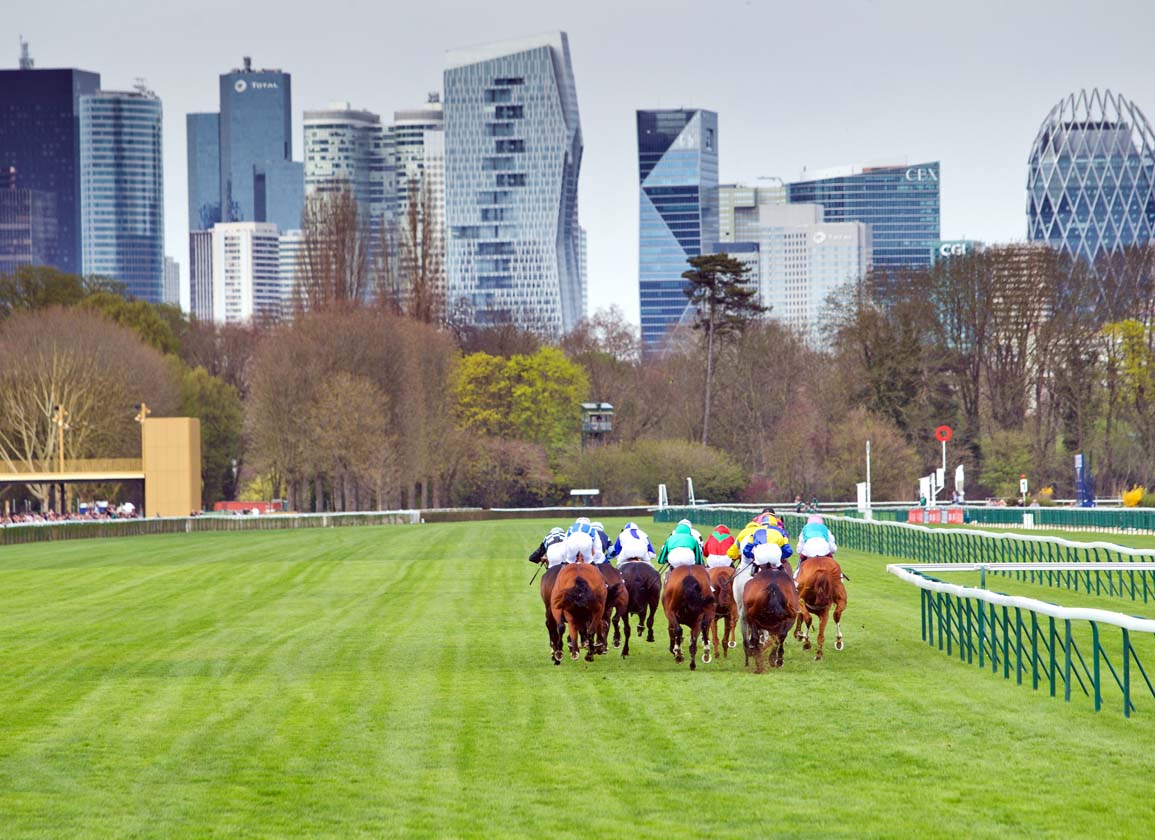Horoscope
Centre explores alternatives to Japan for bullet train project

Delays in commissioning of the ₹1.08 lakh crore Mumbai-Ahmedabad bullet train have prompted India to explore alternatives to Japan as the Union government is keen to launch the ambitious project in 2026, ahead of the Gujarat polls the following year, three people aware of the development said.
The Mumbai-Ahmedabad High Speed Rail (MAHSR) project was approved by the Cabinet on December 2015. While a section in the government is keen to complete it before the Gujarat assembly elections expected in November 2027, the Japanese suppliers and technology providers are unwilling to commit to the deadline. This has forced New Delhi to consider alternatives in Europe, the three people added requesting anonymity.
“An internal directive to prepare global tenders for various components of the bullet train project was issued by the competent authority in mid-September, but floating of tenders is on hold because the regime in Japan has changed and the new government is being given time to respond,” one of the three, a person directly associated with the project said.
The Union rail ministry did not respond to a request for comment.
The Japanese government did not respond to queries sent to its embassy.
Read more: 4 bullet train stations picked for SMART development
One concern of such a change in technology and equipment providers is cost escalation as an additional cost of about ₹15,000 crore would be incurred if Japanese technological specifications are replaced with the European standards, the first person added. Significant infrastructure has been built as per the Japanese specification including hundreds of kms of pier foundation, pier construction and girder casting, this person said.
Another is the diplomatic fallout.
“Issuing a (new) global tender for the project may be construed as sidestepping Japan and it could impact bilateral ties. Hence, a section of the government wants to persuade Tokyo to agree to source some of the components from Europe to expeditiously complete the project,” said a second person who works for the government. “Their (Japan) concurrence is also desirable as they are funding the project through la ong-term loan at a concessional rate.”
The matter was discussed with the Japanese side during the visit of a high-level Indian delegation led by Railways Minister Ashwini Vaishnaw in early September this year, a third person said. “The Indian delegation pushed Japan to expedite the project and complete it by 2026. But the Japanese side was non-committal,” he said.
The ₹1,08,000 crore MAHSR project is a joint project of the Union government, Gujarat and Maharashtra. It is being executed by a special purpose vehicle (SPV) , National High Speed Rail Corporation Ltd (NHSRCL). The Union holds 50% in the SPV and the states of Gujarat and Maharashtra 25% each. Approximately 81% of the cost of project is being funded through a soft loan by the Government of Japan through Japan International Cooperation Agency.
NHSRCL, the ministry of external affairs, and JICA did not respond to an email query.
The JICA loan to MAHSR is for a tenure of 50 years at 0.1% interest rate and with a moratorium of 15 years. Thus, the loan repayment will be done in 35 years, according to NHSRCL. The project will launch the country’s first Bullet Train covering 508 kms from Bandra Kurla Complex (BKC) in Mumbai. It will travel at the speed of 320 km per hour, and will terminate at Sabarmati, Ahmedabad, covering the distance in two hours and seven minutes. The train will stop at Thane, Virar, Boisar, Vapi, Bilimora, Surat, Bharuch, Vadodara and Anand along the way.










